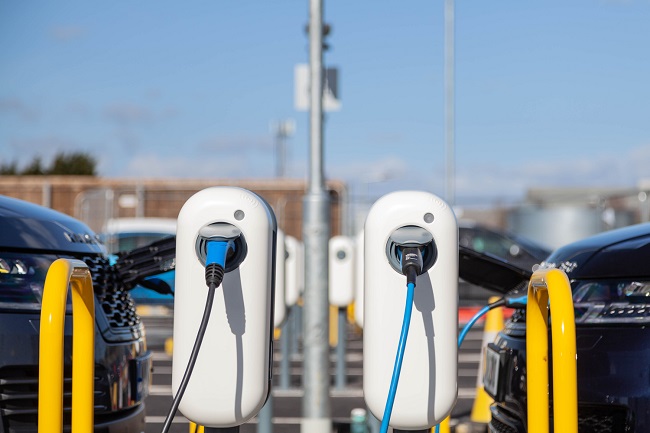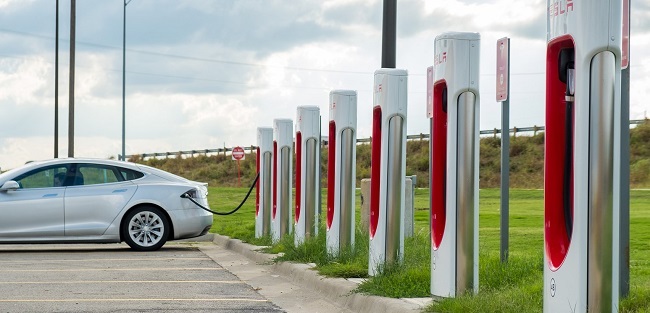If you’re looking to purchase an EV charger, there are a few things to keep in mind before jumping in headfirst. While these may seem like simple considerations, they can actually have a big impact on the outcome of your purchase and even on your safety. To help you get started, here are seven things to keep in mind when purchasing Ev Chargers Australia.
Costs
The price of EV chargers is a big consideration for many buyers, as it’s possible to spend a lot depending on your needs. There are numerous kinds of chargers with each one having its own set of features and benefits. You can decide how much you want to spend by weighing all of your options, which should ultimately lead you to choose something that fits within your budget and gets you where you need to go. Ultimately, even though it can be tempting, don’t buy top-of-the-line equipment if it ends up breaking or becoming obsolete too quickly. It’s better for your bottom line and for environmental conservation if you choose high-quality equipment that will last longer.

Manufacturer
This is one of, if not THE most important things you need to keep in mind when purchasing an EV charger. You want to make sure that your car and its new accessory will be compatible; while they might look nearly identical from a distance, there are dozens of different plug configurations on EVs that you need to check before making a purchase. The easiest way to do so is by heading over to your car’s manufacturer’s website and checking out their list of approved accessories.
Charger Type
There are 3 main types of EV chargers on the market: Level 1 (110 volts), level 2 (208-240 volts), and level 3 (480 volts). Level 1 chargers are ideal for charging at home, as they’re convenient and easy to install. However, they charge more slowly than higher voltage chargers and require a dedicated 220V outlet. Most EVs come standard with a 110-volt charger, although some models can be upgraded with a 230-volt charger. This allows for faster charging—around 4-6 hours on a regular 120-volt outlet—but again will require an electrical upgrade at your home or business.
Ports/Lanes
Not all chargers are created equal. You want a charger that will allow you flexibility, with one or more ports or a dual-charger option, depending on how many EVs you own. In other words, if your current Ev Chargers Australia has a port on its side and another in its front, and you’re planning to get another one, later on, look for a charger that can accommodate both vehicles. Or if you plan to charge your card at different locations—your home or office versus public charging stations—check out a dual-port charger with two DC ports (instead of just one) or two plugs connected by an included cable.
Compatibility with Cars
An important point to consider is whether your electric car or hybrid is compatible with Level 1, 2, or 3 chargers. For example, plug-in hybrids (e.g., Chevy Volt) and all-electric cars like Nissan Leaf have a standard SAE J1772 connector for Level 1 and 2 charging—but they won’t work with Level 3 high-speed direct current (DC) charging stations. On the other hand, Tesla cars use their own adapter that can accommodate all three levels of charging, making them far more convenient for longer trips if you want faster charging times. Before purchasing your charger, check with your vehicle manufacturer on what type of connection they support and whether there are any issues to look out for during installation.


